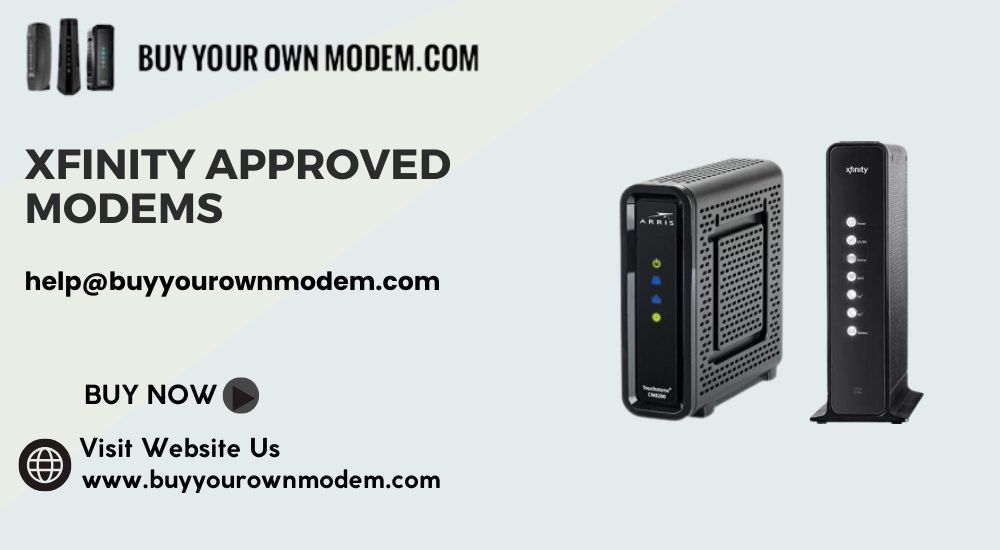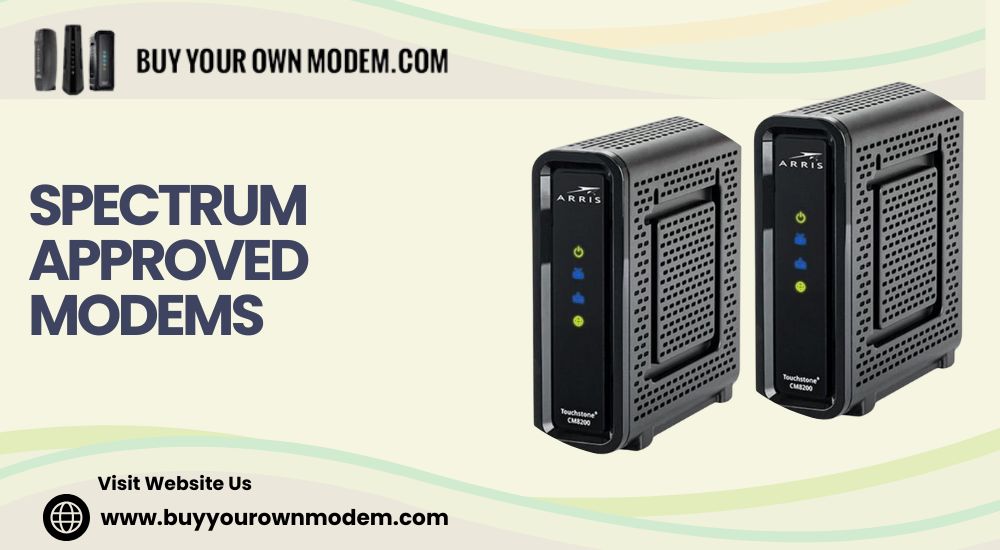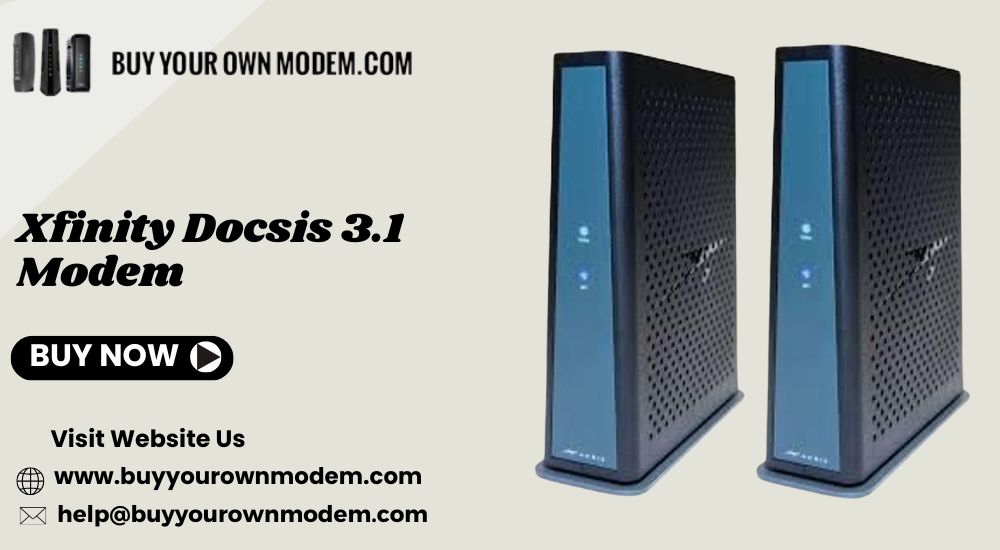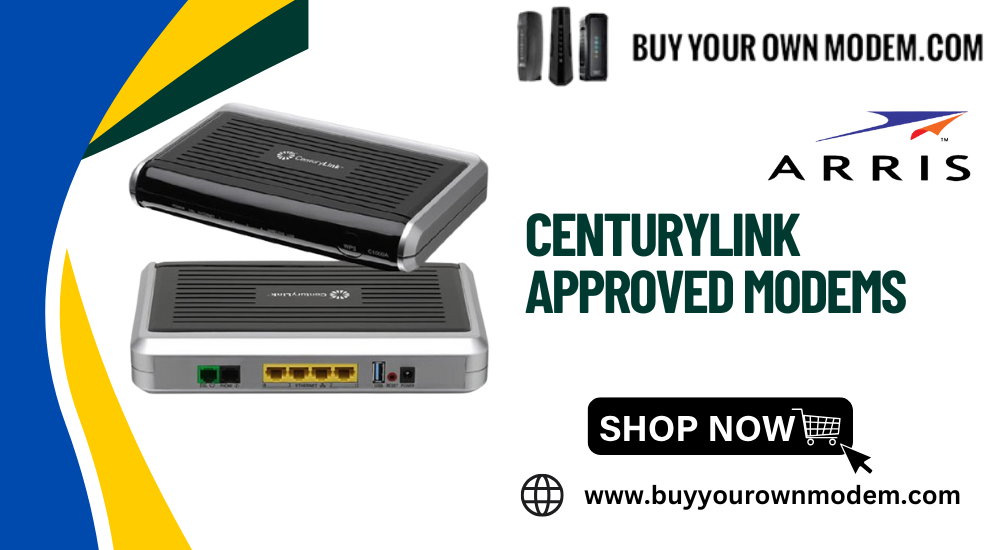It’s no secret that our internet connection has become just as important as water and electricity. That is why it is so important to know what type of modem you are using. It is like trying to decide between a reliable horse and a dodgy unicycle for a race.
So, if you are ready to ditch those monthly rental fees and get your own modem, you have come to the right place. In this blog post, we will look at why you should choose an approved modem from four major Internet Service Providers (ISPs), including Cox, Comcast, Spectrum, & CenturyLink Approved Modems.
Cox Approved Modems:
Pros:
- High Compatibility: Cox Approved Modems are tailored for the Cox network, ensuring seamless integration and optimal performance.
- Reliable Performance: These modems are rigorously tested to meet Cox’s standards for speed and reliability, which can result in a consistent internet connection.
- Technical Support: If you encounter any issues, Cox’s customer support is well-versed in assisting customers with approved modems.
Cons:
- Limited Choice: You may have fewer modem models to choose from compared to the broader market. This can limit your ability to find a modem with specific features you desire.
- Higher Upfront Cost: Purchasing Cox Approved Modems can be more expensive upfront compared to third-party modems.
Comcast Approved Modems:
Pros:
- Optimized For Comcast: Comcast Approved Modems are designed to work seamlessly with Comcast’s network, potentially resulting in faster speeds and fewer connection issues.
- Easy Activation: Comcast often provides straightforward instructions for activating approved modems, reducing the setup hassle.
- Technical Support: Similar to Cox, Comcast offers robust customer support for issues related to approved modems.
Cons:
- Limited Choice: When it comes to Comcast Approved Modems, you may have a narrower selection of models compared to third-party options.
- Cost: Comcast-approved modems can be more expensive than some third-party alternatives, although this cost difference might be offset by avoiding monthly rental fees.
Spectrum Approved Modems:
Pros:
- Optimized Performance: Spectrum Approved Modems are fine-tuned to work optimally on the Spectrum network, potentially resulting in faster speeds and reliability.
- Wide Availability: Spectrum provides a list of approved modems, giving customers a range of options to choose from.
- Technical Support: Spectrum offers support for approved modem users, helping with any troubleshooting needs.
Cons:
- Initial Investment: Like other ISP-approved modems, Spectrum-approved modems can have a higher upfront cost compared to third-party options.
- Limited Customization: While there is a variety of approved modems, you might still find limited customization options compared to the broader modem market.
CenturyLink Approved Modems:
Pros:
- Seamless Integration: CenturyLink Approved Modems are specifically designed to work smoothly with CenturyLink’s network, potentially reducing compatibility issues.
- Stable Connection: These modems are thoroughly tested for stability and speed, aiming to deliver a dependable internet connection.
- Technical Support: CenturyLink offers customer support for approved modem users, helping resolve any connectivity problems.
Cons:
- Cost: CenturyLink Approved Modems may have a higher initial cost compared to some third-party alternatives.
- Limited Model Choices: While there are approved modems available, the selection might not be as extensive as what you’d find in the general market.
Conclusion
Before you decide, it is a good idea to look into the different modems your ISP has to offer, see if they’re compatible with third-party services, and think about what your internet needs will be in the long run. Ultimately, the best choice for approved modems will depend on what you are looking for in terms of cost, performance, and technical support.
To know more about these products visit our website buyyourownmodem.com/





















